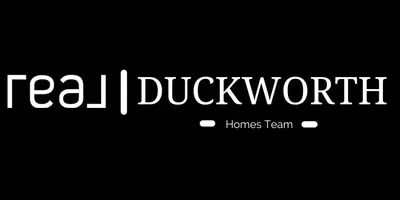MY BLOGS

Where to Watch: Massachusetts Firework Displays (2025)
🎆 Leave Fireworks to the Professionals — And Where to Watch July 4th Shows Massachusetts law strictly prohibits using or possessing consumer fireworks without a permit—sparklers, firecrackers, and the like—no matter where they’re bought (mass.gov, mass.gov). Illegal fireworks have led to hundreds o
Read More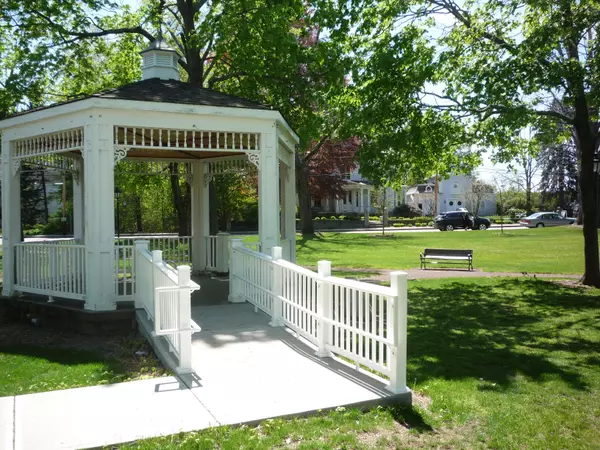
June 2025 - What's Happening In Wrentham, MA
What's Happening in Wrentham This June June is packed with exciting events in Wrentham! Whether you’re looking to enjoy the outdoors, catch live music, or stay informed about town initiatives, there’s something for everyone. Here's your guide to this month’s top events: 🏃 Bushwacker 5-Mile Trail Ra
Read More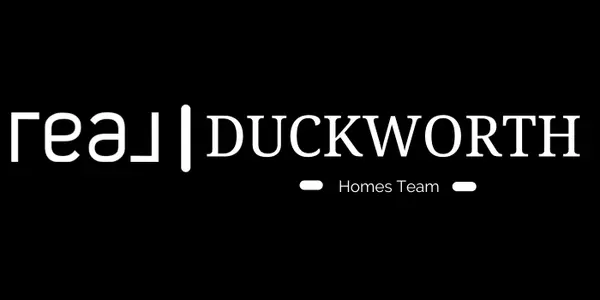
Wrentham Market Update - March 2025
The Wrentham, MA real estate market data, we can break it down by key metrics and trends to gain a more thorough understanding of the forces shaping the market. Here's an analysis based on the provided data and broader market insights. 1. Price Fluctuations: Median Listing Price Decrease: A 15.5% dr
Read More
How to Host a Great Open House as a Realtor in Rhode Island and Massachusetts
How to Host a Great Open House as a Realtor in Rhode Island and Massachusetts Are you gearing up to host an open house as a realtor? Here's your comprehensive guide to making it a success in Rhode Island and Massachusetts. Realtors wear many hats when selling a home, but hosting a standout open ho
Read More
Is Purchasing a Fixer-Upper a Good Decision?
Is Purchasing a Fixer-Upper a Good Decision? Are you pondering the idea of purchasing a fixer-upper home? Here's what you need to understand about acquiring one and whether it's a worthwhile investment. Purchasing a home is a significant financial commitment and an investment in real estate. If you'
Read More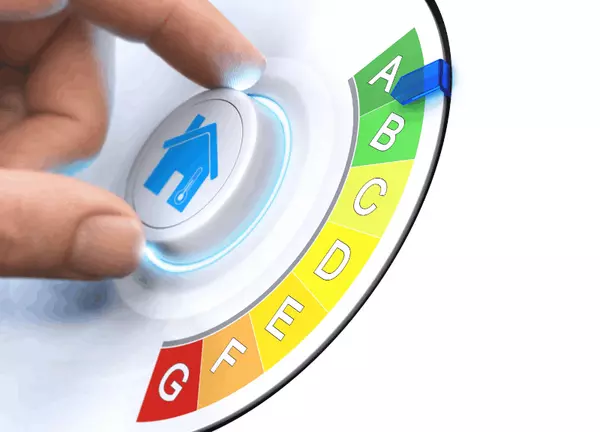
7 Steps To Make Your Home Energy Efficient
Steps To Make Your Home Energy Efficient Are you considering ways to make your home energy efficient? Here are the steps to achieve an energy-efficient home and the benefits of doing so. A more energy-efficient home means lower bills and reduced carbon footprint. There are many reasons why you shoul
Read More
- 1/7 7
 1 Bed 1 Bath 450 SqFt$1,500Pending
1 Bed 1 Bath 450 SqFt$1,500Pending25 Morgan Ave #R, North Providence, RI 02911
Listed by Christopher Perchard of Real Broker MA, LLC
Condo
- 1/15 15
 3 Beds 1 Bath 996 SqFt$500,000Active
3 Beds 1 Bath 996 SqFt$500,000Active - 1/34 34
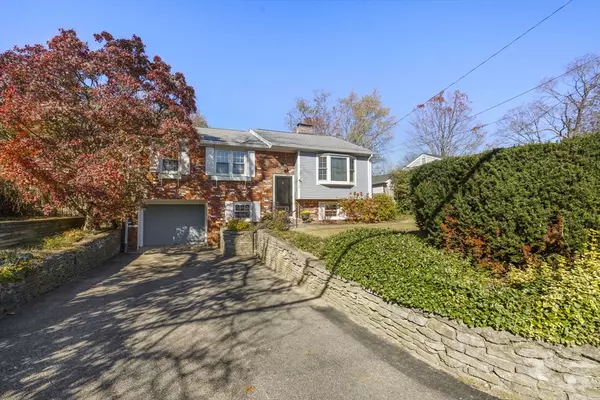 3 Beds 2 Baths 2,300 SqFt$524,900Pending
3 Beds 2 Baths 2,300 SqFt$524,900Pending517 Newport Ave, Attleboro, MA 02703
Listed by Fritznel Gabelus of Real Broker MA, LLC
Single Family Home
- 1/22 22
 2 Beds 2.5 Baths 1,600 SqFt$815,000Price Dropped by $35K
2 Beds 2.5 Baths 1,600 SqFt$815,000Price Dropped by $35K - 1/38 38
 3 Beds 2 Baths 1,844 SqFt$779,900Open Sat 11AM-1PM
3 Beds 2 Baths 1,844 SqFt$779,900Open Sat 11AM-1PM6 Lunar Ave, Braintree, MA 02184
Listed by Spinella Homes Team of Real Broker MA, LLC
Single Family Home
- 1/31 31
 2 Beds 1 Bath 1,275 SqFt$329,000Open Sat 12PM-2PM
2 Beds 1 Bath 1,275 SqFt$329,000Open Sat 12PM-2PM65 Bishop Drive #65, Framingham, MA 01702
Listed by Ermal Taraj of Cameron Real Estate Group - Framingham
Condo
- 1/42 42
 4 Beds 2 Baths 2,208 SqFt$995,999Open Sat 12PM-3PM
4 Beds 2 Baths 2,208 SqFt$995,999Open Sat 12PM-3PM - 1/38 38
 5 Beds 3.5 Baths 2,550 SqFt$1,545,000Open Sat 12PM-1:30PM
5 Beds 3.5 Baths 2,550 SqFt$1,545,000Open Sat 12PM-1:30PM183 Temple Street, Boston, MA 02132
Listed by Brian Kenneally of Keller Williams Realty
Single Family Home
- 1/26 26
 4 Beds 3 Baths 2,768 SqFt$689,000Open Sat 12:30PM-1:30PM
4 Beds 3 Baths 2,768 SqFt$689,000Open Sat 12:30PM-1:30PM
Get Your Home’s Value for FREE
Find out what your home is really worth in today's market.
GOOGLE VERIFIED REVIEWS
- Brendan is a very knowledgeable realtor who goes above & beyond to help his clients. His quick response to questions & updates on the sale of our property really helped us as first time sellers. He’s professional yet very personable as well. We sold our property in 4 days & at a significantly higher profit than expected. The entire process from meeting Brendan right up to the closing of the property went smoothly & without a single glitch. I would highly recommend him as your realtor.
Linda St.Pierre
- We owned our home for 32 years and had never sold one before, but Brendan and his team walked us through every step of the process to a great outcome. Brendan’s real estate expertise and insights were spot on, his positivity always reassuring. We appreciated that he always listened to us and was never pushy. We were also impressed with the professionals he has working with him who helped us at various stages. We happily recommend Duckworth Homes!
Linda Tyler
- Brendan and his team were fantastic to work with! From start to finish he was professional and extremely helpful with the purchase of my first home. They went out of their way to make sure I knew every part of the process and hept me informed with every detail. I would highly recommend him as he is a true professional in the business!
Cory Scothon
- Brendan was the best realtor we could have hoped for. He was always available to answer all our questions and give us guidance when needed but was not overbearing in doing so. He made sure we were well connected to new listings quickly. He followed up with us on a regular basis and after we bought our home he was very helpful in getting us through the whole process of purchasing. Also helpful with referrals after purchase for work we wanted to have done. Highly recommend!
Victoria Laughney
